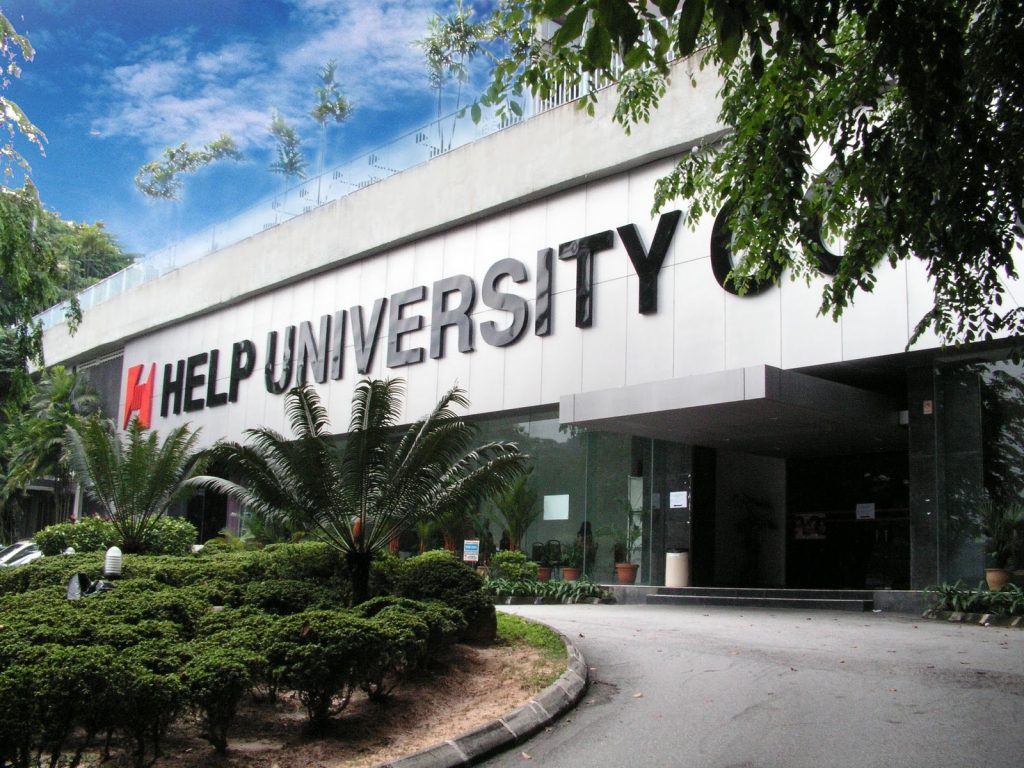Overview
Fully accredited by MQA, the Master of Project Management (MPM) programme was the first from Southeast Asia awarded accreditation by Project Management Institute (PMI) Global Accreditation Center (GAC) for project management education programmes.
MPM aims to enable executives, engineers, lawyers, accountants, managers, consultants, and business owners to become successful project managers with advance knowledge in project management principles and practice, having the ability to lead multidisciplinary project teams and develop effective and agile solutions in diverse technical and non-technical settings that incorporate IR4.0 and Sustainable Development Goals.
Students not only learn from academicians and experienced practitioners to be proficient specialists in managing scope, time, costs and risks and conflict resolution but also become competent over a broad spectrum of general management disciplines that include leadership, strategy, ethics, and investigative case studies. Such proficiency endows individuals with the strength and confidence to thrive and adapt to future changes in project management, the environment and society due to having a framework for developing skill and acquiring knowledge.
The ever-challenging economic and investment environment internationally demands competence in project management, and success in project management heightens opportunities for advancement to senior positions in management consultancy or other rewarding entrepreneurial ventures.
The MPM enables graduates to function effectively and ethically in their professional, business and personal capacity, thus contributing to society and nation-building. MPM graduates are granted substantial credit toward the experience requirement when they apply for any PMI certifications, including PMP.
Why study Master of Project Management at HELP’s ELM Graduate School?
ELM is the acronym for Entrepreneurship, Leadership and Management. It reflects the School’s understanding of the multifaceted role of both individuals and organisations that at any one time the trinitarian role of entrepreneurship, leadership and management interplays to create, manage and sustain a business over different phases of its life.
The ELM Framework underlies our philosophy of the ELM Graduate School executive education and the way we teach and learn business in the HELP Group. It synthesises relevant theoretical constructs and integrates them into a practical system of decision-making for ELM. It is a useful tool for facilitating thinking out the right business model and strategy execution.
The ELM approach is used in our teaching and learning in the ELM Graduate School. This is the multi-perspective lens that we use to identify, respond and adapt to education, enterprise and execution.
This unique framework shapes our postgraduate programmes and brings depth and practical value to the knowledge and experience that all our students will no doubt gain.
Programme Overview
These are the subjects and electives that you will take as part of the programme.
Course Structure
Core Courses
- MPM5014 Project Management Principles and Practice
- MPM5024 Project Evaluation and Management
- MPM5104 Project Management Essentials – Beyond the Basics
- MPM5304 Program and Portfolio Management
- MPM5404 Risk Management
- MGT5063 Leadership and Organisational Behaviour
- MCR5013 Business and Management Research Methods
- MPM5008 Project Paper (Capstone)
Electives (Choose 2 out of 7 courses)
- MGT5103 Strategic Management
- MGT5083 Operations Management and Analytics
- MPM5503 Negotiation and Conflict Resolution
- MGT5033 Business Ethics
- MKT5013 Marketing Management
- FIN5013 Corporate Finance
- MHRD5103 Global Human Resource Management
Course Requirement & Duration
9 taught courses + a capstone project paper, for completion on a modular basis and scheduled for completion in 19 months
Assessment Mode
Continuous Assessment (including assignments) + Final Assessment via assignment submission, with such variation as approved by the Academic Board
Entry Requirements
You will need to fulfill one of these entry requirements to join the programme.
Entry Requirements
- A Bachelor’s degree (MQF Level 6) in related fields with a minimum CGPA of 2.50, OR
- A Bachelor’s degree in related fields with a minimum CGPA of 2.00, subject to rigorous internal assessment, OR
- A Bachelor’s degree in non-related fields with a minimum CGPA of 2.00 and with relevant working experience, subject to rigorous internal assessment, OR
- A Bachelor’s degree in non-related fields with a minimum CGPA of 2.00, and without relevant working experience, subject to passing pre-requisite study of business and management, OR
- Other related qualifications equivalent to a Bachelor’s degree, recognized by the Malaysian Government.
Malaysian non-degree holders with at least a Diploma or STPM may obtain the MQA Accreditation of Prior Experiential Learning, APEL.A certificate for approved course admission.
International applicants are required to have English language proficiency in terms of MUET Band 4, or CEFR (Mid B2), IELTS 6.0 or other language proficiency equivalencies.
Here are the career pathways for graduates who complete the Master of Project Management programme.
Possible Career Pathways
- Project Coordinator
- Assistant Project Manager
- Project Manager
- Senior Project Manager
- Project Director
- VP Project Management














